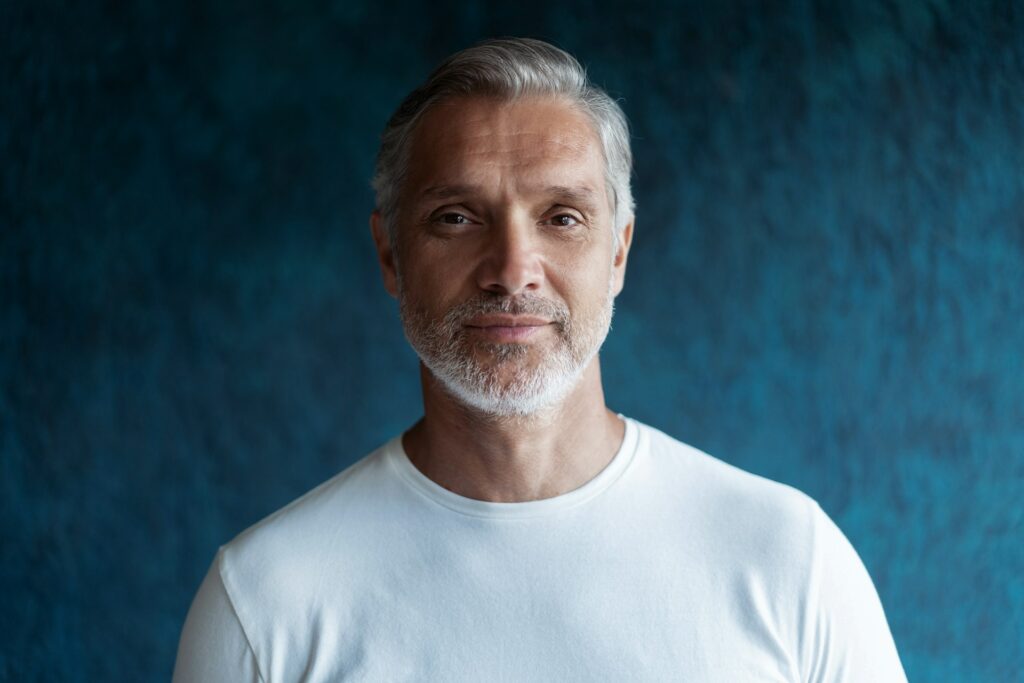Ageing isn’t something to avoid or fear—it’s something to do with awareness.

Conscious ageing in particular doesn’t mean denying the passing of time. It’s about choosing how to engage with it. It’s about noticing how you change, staying honest about what matters, and letting go of outdated versions of yourself with kindness. Whether you’re in your 30s, 50s, or 70s, conscious ageing invites you to keep evolving—not just physically, but emotionally, spiritually, and socially. Here are some real ways to embrace that process with intention and clarity.
1. Let go of timelines that were never really yours.

We’re often handed invisible timelines: by this age, you should have achieved this, become that, or figured it all out. However, conscious ageing means questioning those scripts. Who wrote them, and do they even apply to the life you actually want? When you release the pressure to hit life milestones on someone else’s schedule, you free yourself to grow in ways that feel real. That’s where fulfilment begins—not in perfection, but in presence.
2. Stay curious about who you’re becoming.

Ageing isn’t just about looking back—it’s also about looking forward with curiosity. Each decade invites you to ask: who am I now, and what still lights me up? That kind of check-in keeps you connected to your evolving self. When you treat ageing as an unfolding rather than a decline, you notice things you might have otherwise rushed past. And in that noticing, you create space for new purpose, not just nostalgia.
3. Honour your energy without apologising for it.

Conscious ageing isn’t about pretending to have the energy you had in your twenties. It’s about tuning into the energy you have now, and choosing how to spend it with care. Instead of trying to keep up with every demand, you start asking: is this worth my time? Does this nourish me? That change turns self-care from a buzzword into a boundary.
4. Keep updating your definitions of success.

Success at 25 may have looked like ambition, hustle, and constant motion. However, as you grow, success might mean something more laid-back—freedom, peace, meaningful connection, time to rest. Conscious ageing invites you to regularly update what “doing well” means, so that your goals match the version of you that actually exists today, not the one you were years ago.
5. Embrace changes in appearance with softness, not shame.

Your body will change. That’s not failure—it’s biology. Conscious ageing means noticing those changes with awareness, not judgement. You can grieve what’s shifting and still be at peace with it. This doesn’t mean you stop caring about how you look. It means you stop measuring your worth against youth. Beauty expands when it’s not tied to approval—it becomes something felt, not just seen.
6. Stay connected to younger generations—with boundaries.

There’s wisdom in staying curious about what younger people are thinking, doing, and building. However, there’s also wisdom in knowing when to step back and let them take the lead. Conscious ageing doesn’t mean trying to stay culturally relevant for the sake of it. It means respecting the flow of generational changes while staying rooted in your own values and voice.
7. Protect your peace like it’s your full-time job.

The older you get, the less energy you have for drama, comparison, or people who don’t know how to treat other people well. That isn’t cynicism. It’s clarity. Conscious ageing means getting serious about your emotional environment. You start prioritising peace not as a luxury, but as a necessity. And you stop justifying the people or habits that steal it.
8. Practise grieving what’s gone without getting stuck in it.

Loss is a quiet companion in the ageing process. You lose versions of yourself, old dreams, people you love. Conscious ageing allows space to mourn, but also reminds you not to live in that place forever. You make room to feel it, honour it, and then keep walking. Because grief doesn’t mean you’re broken. It means you’ve lived, and living includes learning how to carry both joy and sadness side by side.
9. Stay open to new friendships and connections.

One of the most surprising parts of ageing well is realising that you never stop needing people, and people never stop needing you. Friendships aren’t just for youth. They evolve, deepen, and sometimes arrive later in life with more honesty than ever before. Conscious ageing means resisting the urge to isolate or assume your social life is behind you. You’re not done connecting. And the right people might still be on their way.
10. Check in with your relationship to control.

The older you get, the more you realise how much is out of your hands. Ageing forces you to confront that—not in a hopeless way, but in a freeing one. You can’t control everything, but you can choose how you respond to change. Letting go doesn’t mean giving up. It means learning to move with life, rather than against it. That flexibility is a strength, not a sign of passivity.
11. Make room for stillness, not just productivity.

In a culture that worships doing, stillness is often treated like laziness. But conscious ageing teaches you that silence, reflection, and rest are not pauses from life—they are life. You begin to notice what only calm can teach. And instead of needing to prove your worth by staying busy, you start allowing yourself to just be.
12. Share your wisdom without trying to control the outcome.

There’s a difference between offering insight and trying to steer someone’s life. Conscious ageing means knowing how to pass on what you’ve learned without expecting everyone else to repeat your path. You trust people to make their own choices, even if they learn the hard way. That kind of trust creates real legacy. Not by force, but by example.
13. Stay a student, even as you become a teacher.

You may have a lifetime of experience, but that doesn’t mean you’ve stopped growing. Conscious ageing means staying open—curious, teachable, willing to change your mind or admit you don’t have all the answers. There’s strength in that humility. It keeps you connected to life, to other people, and to yourself. Because ageing consciously doesn’t mean having everything figured out. It means staying present while you keep unfolding.


